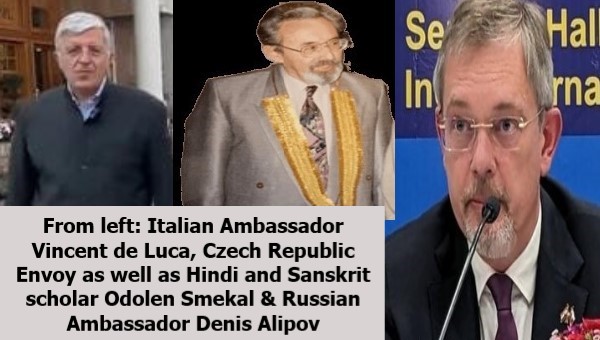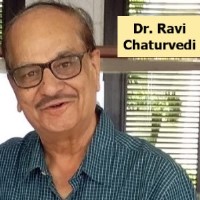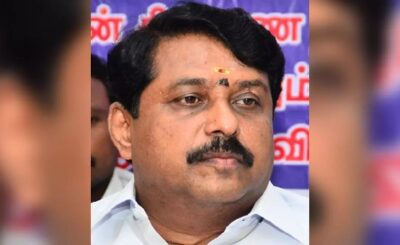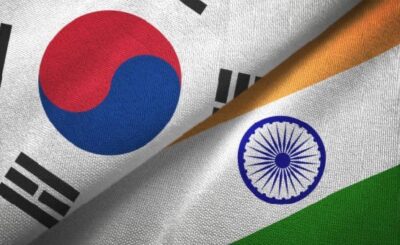The Indian culture, a tapestry woven from the threads of social norms and technologies, finds its genesis within the ethno-linguistically diverse India, resonating across the vast expanse of the Indian subcontinent. This cultural kaleidoscope extends its influence beyond India’s borders, embracing nations and cultures intertwined with India through the currents of immigration, colonisation, or cultural diffusion, particularly in South Asia and Southeast Asia.
Within the boundaries of India itself, the mosaic of languages, religions, dance forms, music genres, architectural styles, culinary traditions, and social customs varies markedly from region to region.
Labelled often as an amalgamation of myriad cultures, Indian culture bears the imprints of a history stretching back several millennia, tracing its roots to the ancient civilisations such as the Indus Valley Civilization and other early cultural nuclei.
Numerous facets of Indian culture, spanning from religious beliefs, mathematical concepts, philosophical tenets, culinary delights, linguistic diversity, vibrant dance forms, melodious music genres, to the prolific Indian cinema, have exerted a profound influence not only within the geographical bounds of the Indosphere but also across Greater India and beyond.
The imprint of the British Raj on Indian culture cannot be overstated, with the widespread dissemination of the English language and the concomitant evolution of local dialects being notable outcomes of this colonial era.
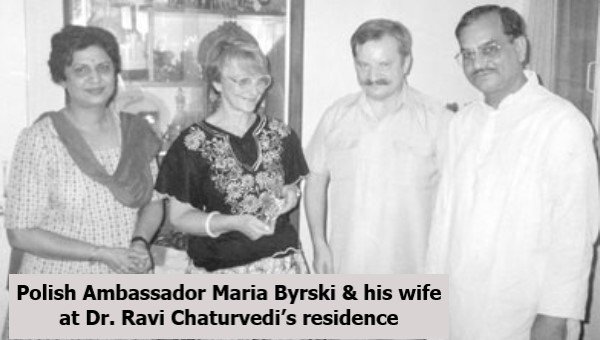
Diplomats stationed in India, often residing in New Delhi for a tenure spanning three years, are afforded a unique opportunity to immerse themselves in the rich tapestry of Indian culture, savoring its culinary delights hailing from various corners of the nation. Conversely, there have been instances where diplomats have contributed to the enrichment of Indian languages during their sojourn in the country.
Recently, the outgoing Italian Ambassador to India, Vincenzo de Luca, shared his fond recollections of his tenure in India, regaling anecdotes about his culinary (dosa) adventures and his admiration for Bollywood stalwart Amitabh Bachchan.
Vincenzo de Luca on completion of his tenure in an emotional tone said, “It’s no secret how much I love India – since I first set foot in this incredible country in 2013 it has taken me on a life changing, exhilarating journey. At first it was difficult and a little overwhelming, but now I feel incomplete whenever I’m not in India – this country has just captivated me so much.”
In a similar vein, the Russian Ambassador to India, Denis Alipov, reminisced about his interactions with Indian dignitaries, highlighting the camaraderie between nations fostered through cultural exchanges.
Denis Alipov recollected one of his conversations with his ‘friend’ and former CEO of the NITI Ayog Amitabh Kant. Alipov remembered how Kant asked him to do the ‘surya namaskar’ at least five times a day when he shared how he is used to doing it just once. “It is a difficult exercise if you do it properly,” Alipov added.
Furthermore, the contributions of diplomats from East European countries, such as Prof. Maria Krzysztof Byrski of Poland and Prof. Odolen Smékal of Czech Republic, to the realms of Hindi and Sanskrit language and literature underscore the enduring bonds of cultural exchange between India and the world. In essence, Indian culture stands as a testament to the enduring spirit of diversity, resilience, and adaptability, embodying a rich tapestry of traditions, values, and customs that continue to evolve and inspire across generations and geographies.
See also:
AAI’s dynamic chairman Sanjeev Kumar
Panel moots simultaneous elections across country


